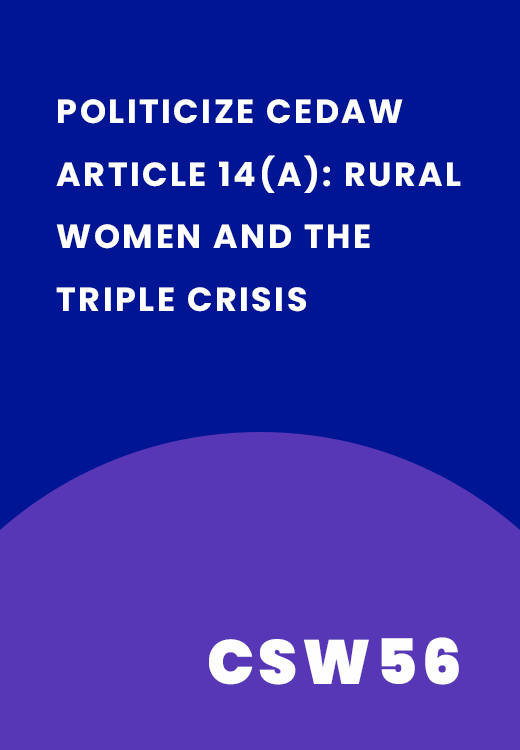In addition to the political bodies whose mandate flows from the United Nations charter – that is, the General Assembly, the Security Council, the Economic and Social Council, the Trusteeship Council, the International Court of Justice and the UN Secretariat – the UN has set up several treaty-based bodies. These bodies comprise committees of independent experts who monitor compliance with human rights standards and norms flowing from the core international human rights treaties.
With the exception of the Committee on Economic, Social and Cultural Rights (CESCR), which was established under a resolution of the Economic and Social Council to carry out the monitoring functions originally assigned to it under the International Covenant on Economic, Social and Cultural Rights, these treaty-based bodies are technically autonomous. They are established by the treaties that they monitor and are accountable to the state parties of those treaties, rather than UN subsidiaries. In practice though, the treaty-based bodies are closely intertwined with the UN system and are supported by the UN High Commissioner for Human Rights (UNHCHR) and the UN Centre for Human Rights.
DAWN has a history of engaging with Treaty Bodies, particularly with the Committee on Economic, Social and Cultural Rights (CESCR) and the CEDAW Committee – which monitors the implementation of the Convention on the Elimination of all Forms of Discrimination Against Women (CEDAW). We take part in this processes with the submission of shadow reports, training of civil society organizations to prepare shadow reports, delivering statements, and other forms of advocacy aimed at holding States accountable for the implementation of their human rights obligations and extraterritorial obligations (ETOs) on the basis of existing international law.
Related Items

DAWN at CEDAW 89: Canada’s Extraterritorial Obligations and Deep Seabed Mining
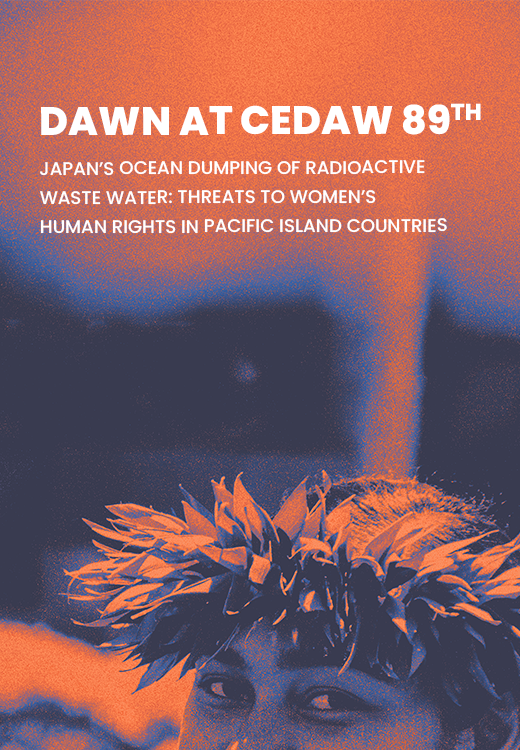
DAWN at CEDAW 89: The Impact of Japan’s Ocean Dumping of Radioactive Wastewater in the Pacific
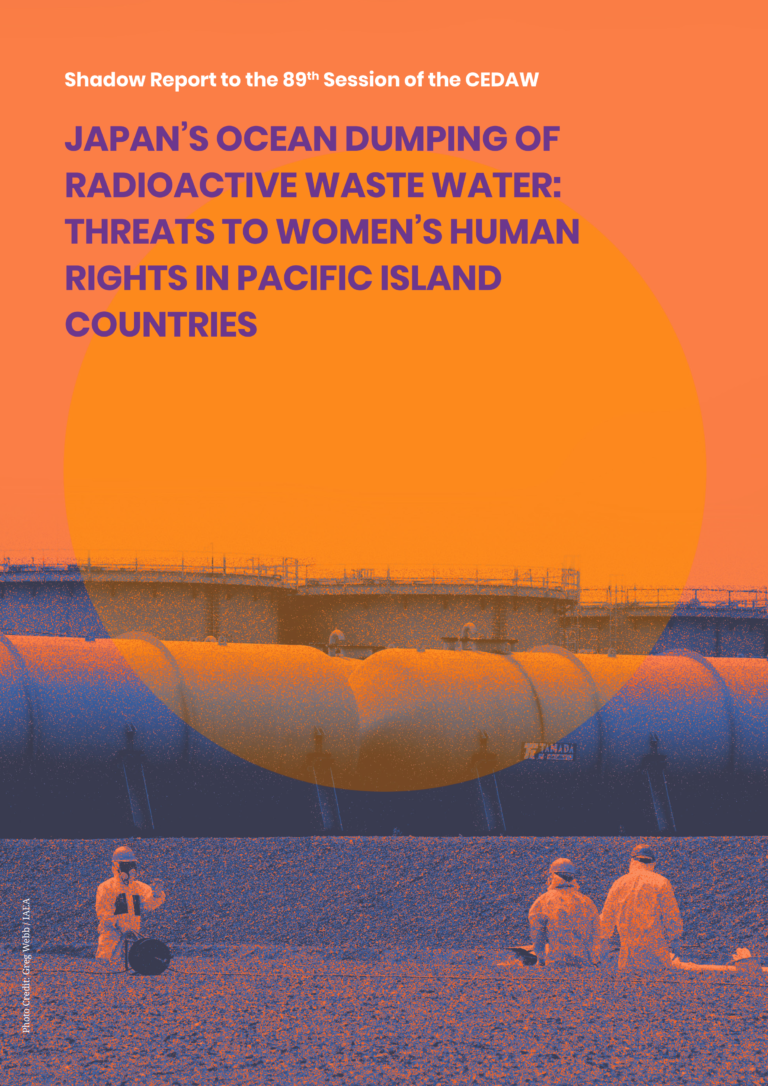
Japan’s Ocean Dumping of Radioactive Waste Water: Threats to Women’s Human Rights in Pacific Island Countries
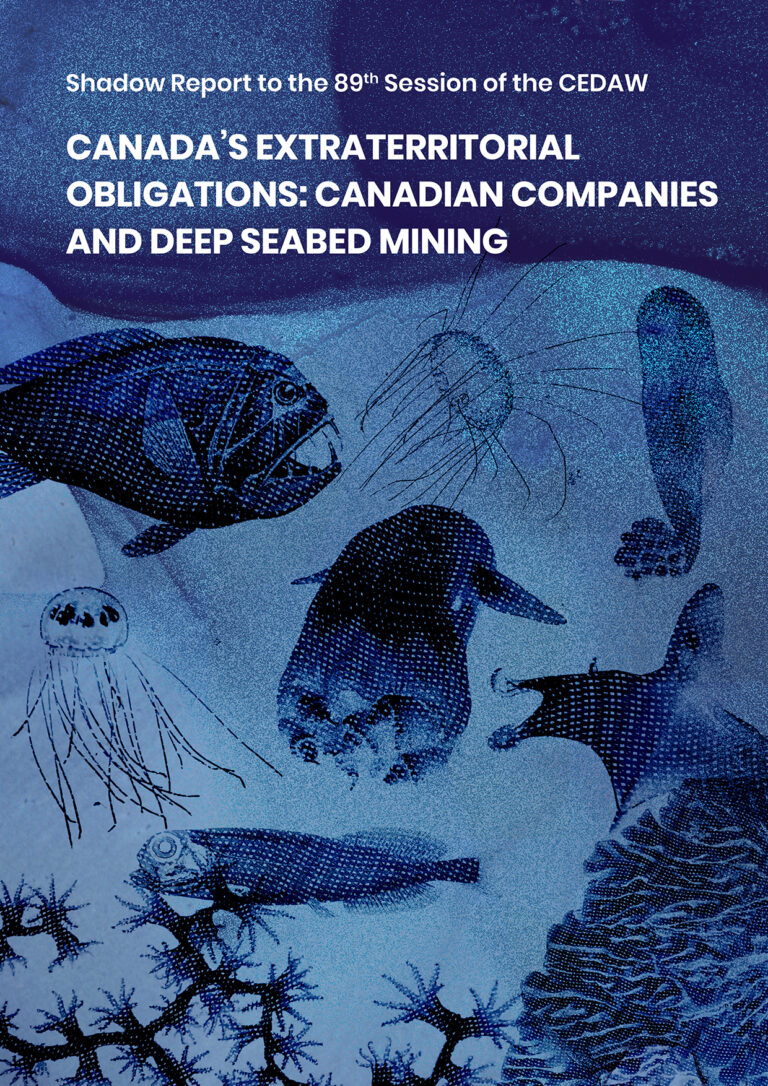
Canada’s Extraterritorial Obligations: Canadian Companies and Deep Seabed Mining
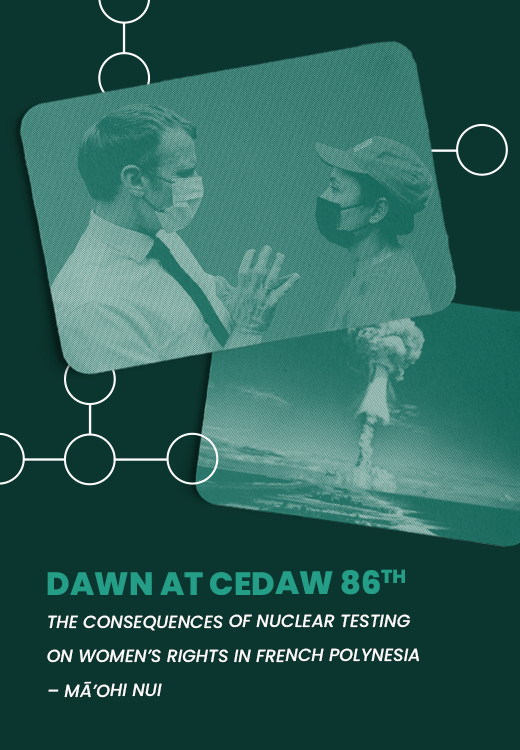
DAWN at CEDAW 86: The consequences of nuclear testing on women’s rights in French Polynesia – Mā’Ohi Nui
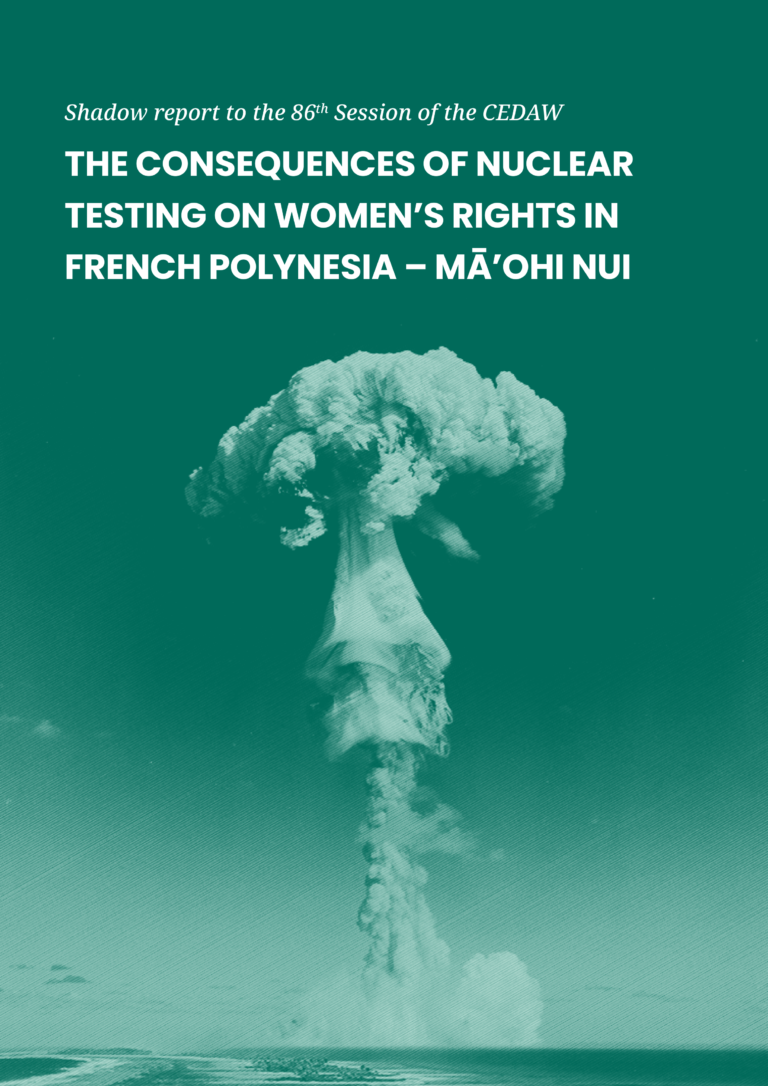
THE CONSEQUENCES OF NUCLEAR TESTING ON WOMEN’S RIGHTS IN FRENCH POLYNESIA – MĀ’OHI NUI

A human rights-based approach to COVID-19
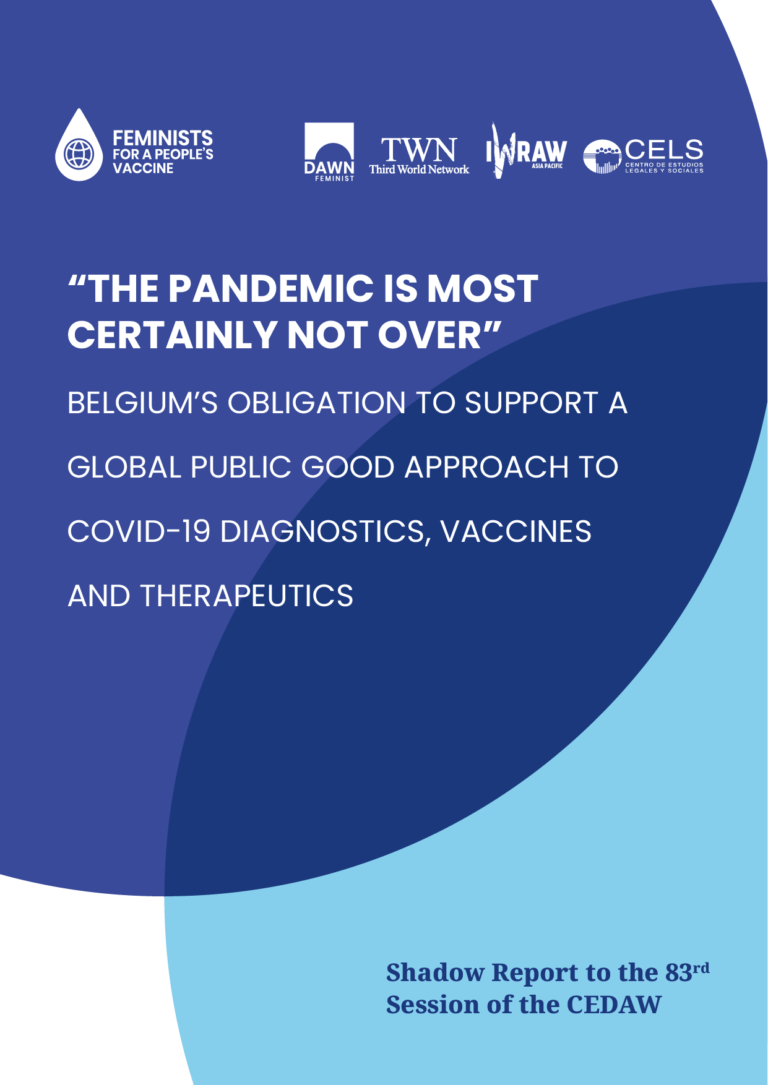
Belgium’s obligation to support a global public good approach to COVID-19 diagnostics, vaccines and therapeutics
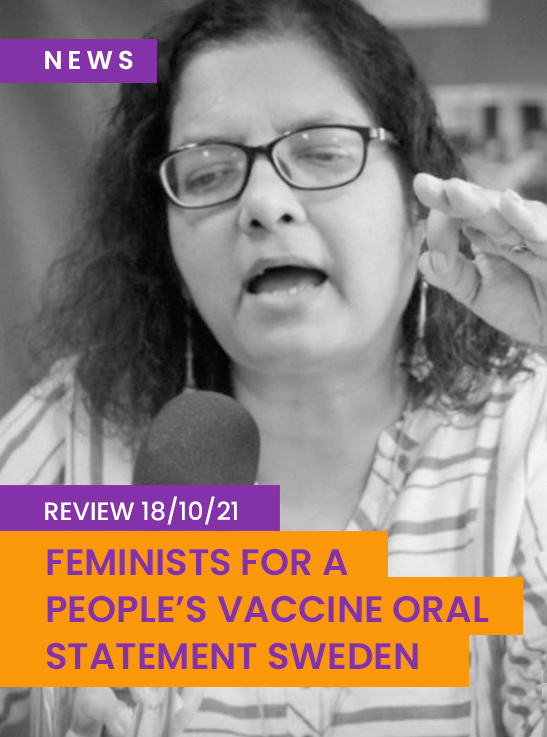
Feminists for a People’s Vaccine Oral Statement Sweden Review 181021
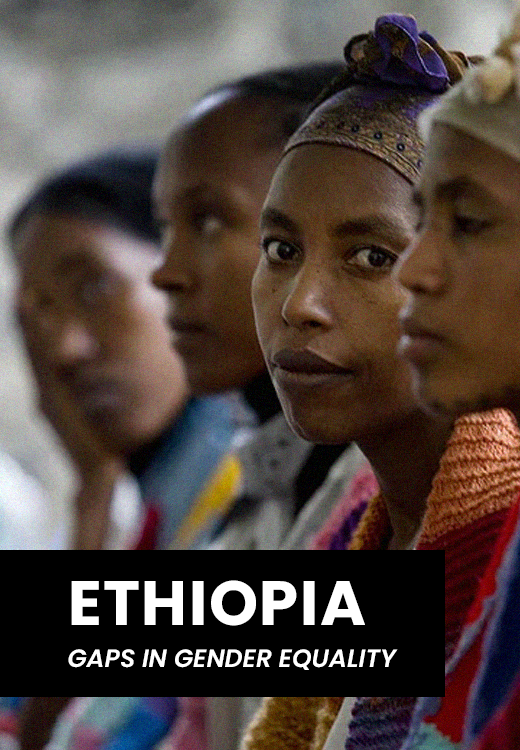
Ethiopia: gaps in gender equality
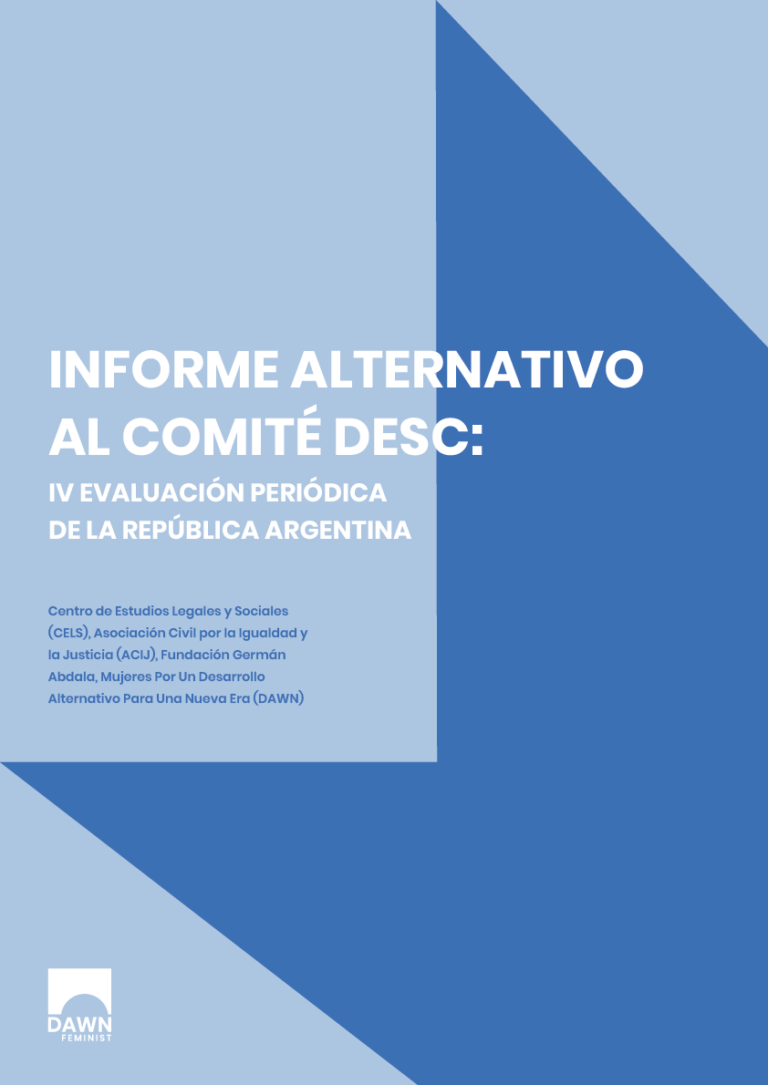
Informe Alternativo al Comité DESC IV Evaluación periódica de la República Argentina
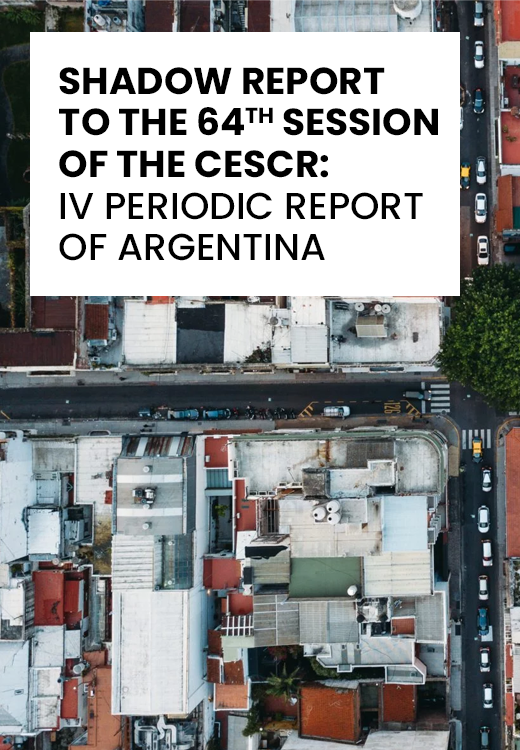
Shadow report to the 64th Session of the CESCR: IV Periodic Report of Argentina
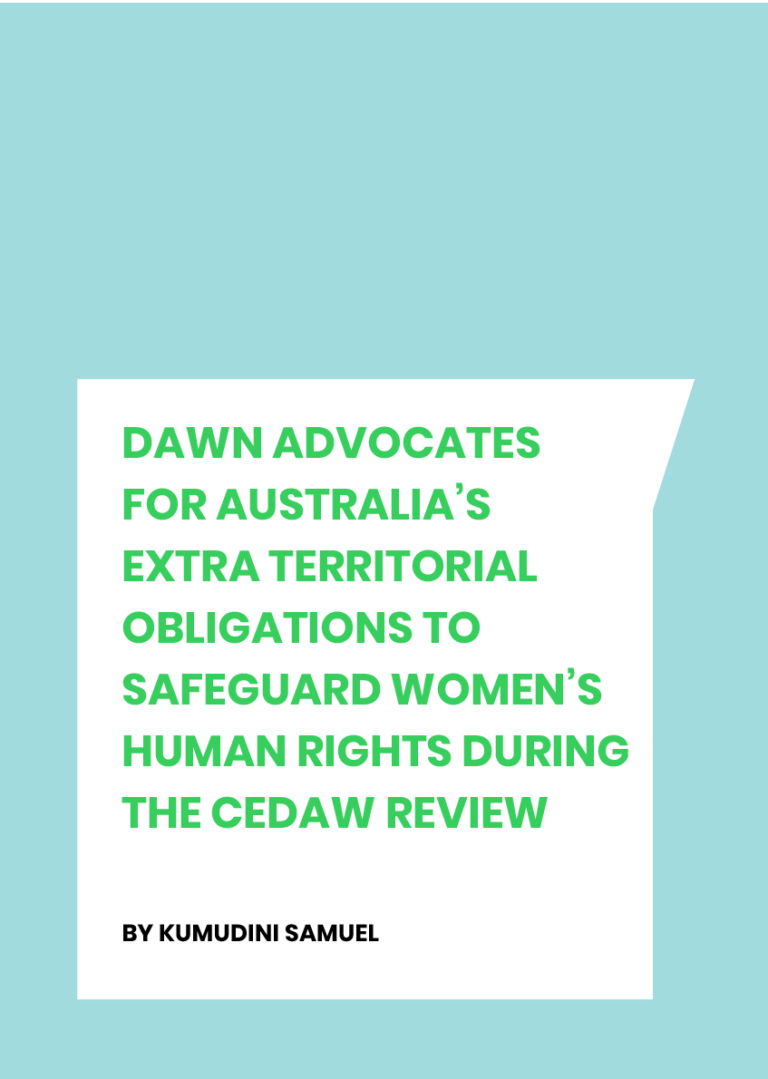
DAWN advocates for Australia’s Extra Territorial Obligations to safeguard women’s human rights during the CEDAW Review
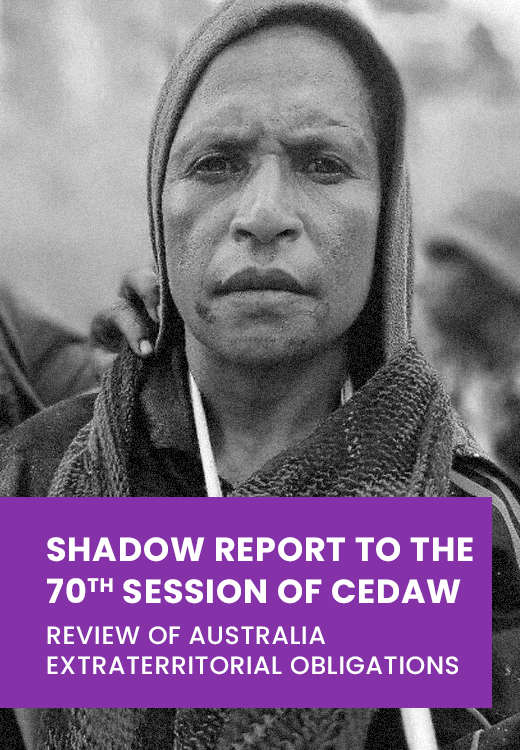
Shadow report to the 70th Session of CEDAW: Review of Australia Extraterritorial Obligations
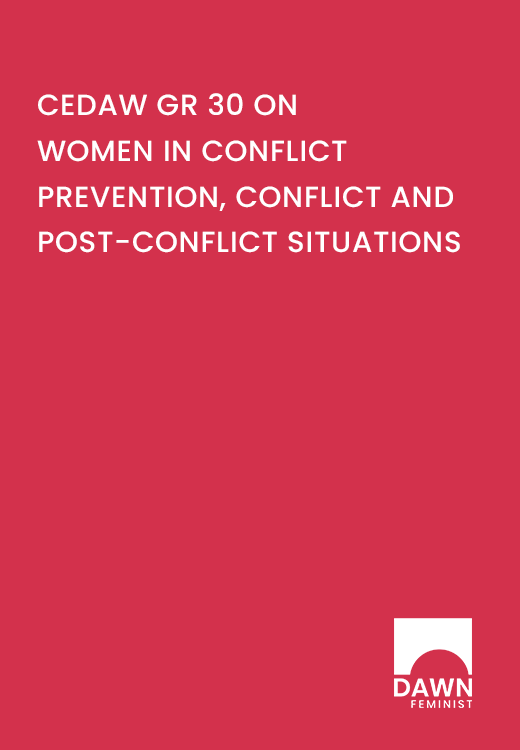
CEDAW GR 30 on Women in Conflict Prevention, Conflict and Post-Conflict Situations
